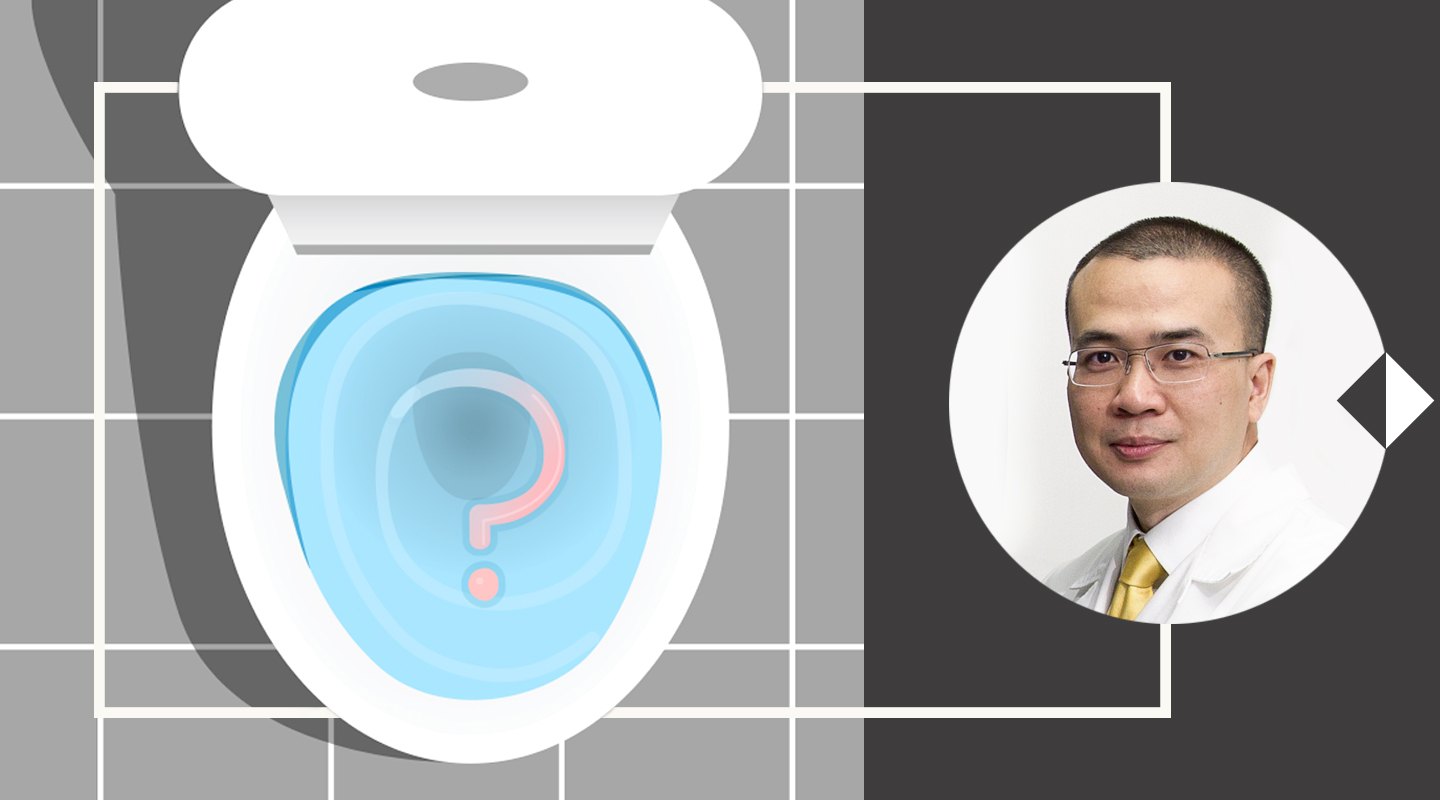Dear readers, With the launch of e-newsletter CUHK in Focus, CUHKUPDates has retired and this site will no longer be updated. To stay abreast of the University’s latest news, please go to https://focus.cuhk.edu.hk. Thank you.
The Removal of a Taboo

In Western countries, about 17 out of 100 men would suffer from prostate cancer over their life spans. Although the morbidity rate is much lower in Hong Kong, only three out of 100 men, prostate cancer has become the third most common type of cancer among men in the city.
Something wrong with the sensitive tissue is a sensitive issue, particularly for men entering their 50s or 60s. If one finds oneself visiting the toilet suspiciously frequently or finds blood in the urine, fear is compounded by embarrassment. Surgical removal of the stem of the problem vividly but ghastly suggests castration. Instead of prostrating oneself before the unspeakable horror, one should seek professional advice from a doctor. Things might not be as grim as one fears.
First, the appearance of symptoms such as difficulty in urination does not necessarily mean prostate cancer. ‘The symptoms of prostate hyperplasia (enlargement) are more or less the same as those of prostate cancer. A patient with the symptoms may suffer from benign prostate hyperplasia (BPH) instead of prostate cancer. As such, further tests should be conducted,’ said Prof. Anthony Ng, Director of CUHK’s S.H. Ho Urology Centre. It is believed that prostate enlargement does not lead to cancer.
Digital rectal examination (DRE) and prostate-specific antigen (PSA) blood test are two common screening tests. During DRE, a doctor would feel if the prostate has any abnormal growth. In the blood test, the level of PSA, a marker of prostate cancer found in the gland, would be measured. Men above the age of 45 with family history should take the blood test regularly.
Secondly, all is not lost in the case of a diagnosis of prostate cancer and removal of prostate gland is required. CUHK has since 2005 introduced robotically assisted approach to the surgery which could minimize the side effects. The removal of prostate gland is conducted through a few 5–10mm incisions in the abdomen. Not only is the patient’s recovery expedited but the approach can also help preserve potency and improve continence. Only about five to 10 per cent of patients who have their prostate gland removed still have urinary incontinence after the first year.
Thirdly, compared with other types of cancer, prostate cancer grows slowly and a doctor may monitor the patient for a while before suggesting treatment. Professor Ng pointed out that treatment is not a must for patients with very early prostate cancer, given the side effects of the surgery and palliative treatments. If the tumour is very small, the doctor may recommend careful monitoring so that the patient can withhold the adverse impacts from treatments.
M. Mak
This article was originally published in No. 526, Newsletter in Nov 2018.